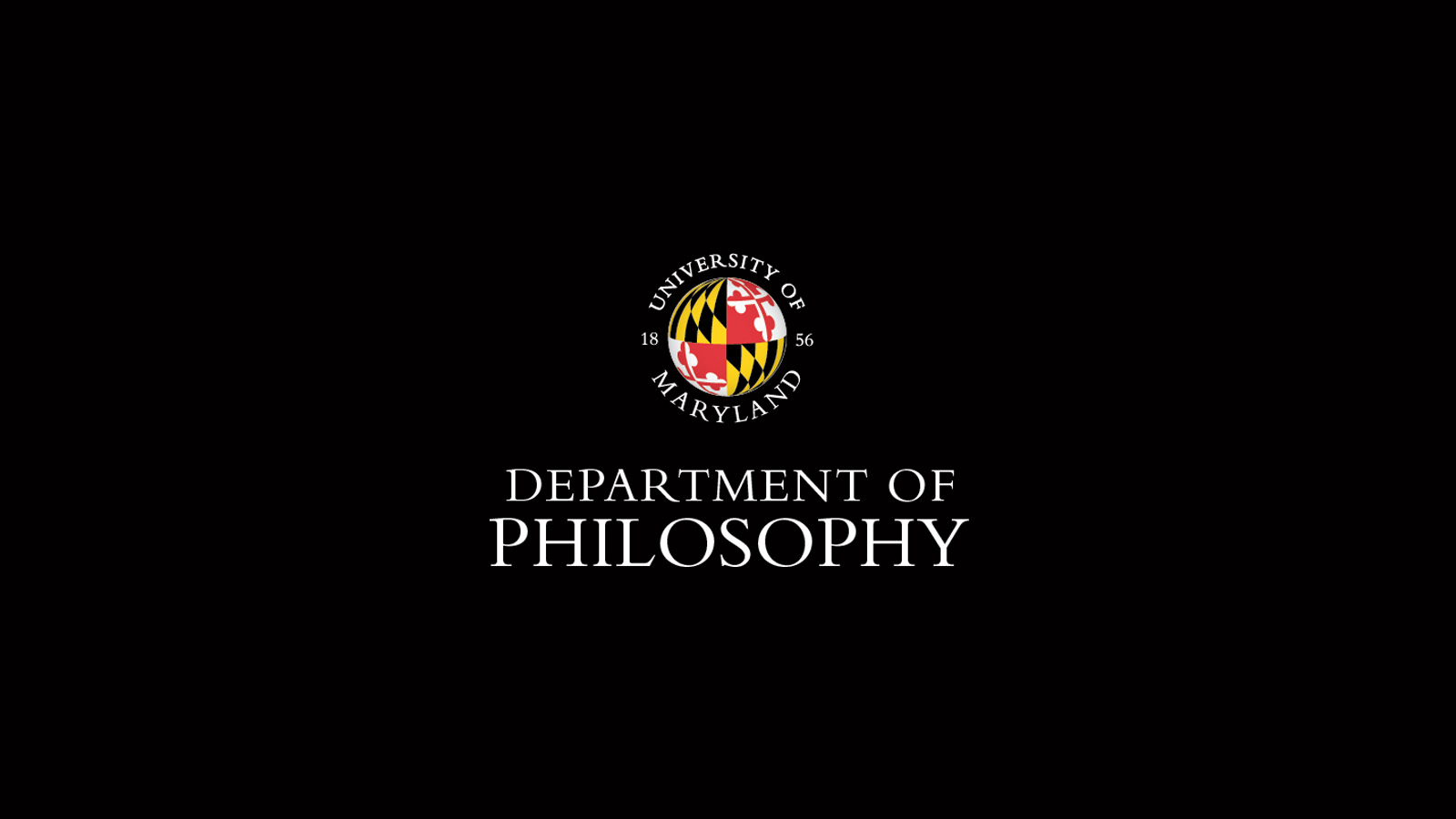In Memoriam: Professor Alan Pasch
June 15, 2011

ARHU mourns the passing of Philosophy professor, Alan Pasch.
ARHU mourns the passing of Philosophy professor, Alan Pasch.Alan Pasch, longtime professor of philosophy at the University of Maryland, who served as the first Executive Secretary of the American Philosophical Association and who had philosophical interests ranging from logic to sex, died Thursday of heart failure. He was 85. Pasch taught at Maryland for 37 years, retiring in 1997. His early philosophical work centered on epistemology and metaphysics, resulting in the well regarded book Experience and the Analytic. Later, his interest in clear thinking and its expression in clear writing eventually led to his class called “Logic and the English Language.” In it, Pasch taught students about the logical underpinnings of the language they used every day, taking examples of arguments in print from newspapers and magazines. Later in his career, he became interested in the philosophy of human sexuality, and put together a popular undergraduate course on the subject. The reading list drew on sources as varied as Montaigne and Nietzsche. In addition to his teaching, Pasch devoted himself to the academic community, both local and national. From 1969 to 1972, Pasch served as the first Executive Secretary of the American Philosophical Association. In 1986, he helped found the Faculty Voice, the first newspaper in the country written by and for faculty at an institution of higher education. He chaired the editorial board from the paper’s founding until 1991. Alan Pasch was born in Cleveland in 1925. Arriving at the University of Michigan as an undergraduate in 1942, he copied his older brother by majoring in engineering, a subject he had little affinity for. In 1944, he was drafted into the army and served on Saipan. It was there that he found a GI paperback edition of Irwin Edman’s Philosopher’s Holiday, which changed not only Pasch’s major, but also the course of his career. Back at the University of Michigan after the war, he abandoned engineering and switched to the honors program in Politics and Ethics. After college, Pasch drove a taxi before getting an M.A. in philosophy at the New School for Social Research. He went on to get his Ph.D. at Princeton University in 1955. His first teaching position was at Ohio State University, and he moved to the University of Maryland in 1960. Pasch was a lifelong lover of chamber music, standing in line every Monday morning for tickets to the Friday evening chamber music concerts at the Library of Congress. He also collected antiquarian books avidly, with a particular interest in very old logic books. In 2008, he donated his noteworthy collection of logic books to the library of Washington College in Chestertown, MD.Survivors include his daughter, Rachel Pasch Grossman, her husband, and two grandchildren. He was predeceased by his wife of 56 years, Eleanor Berna Pasch.

